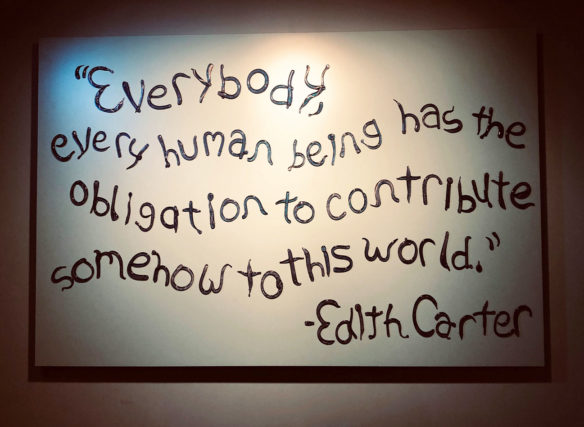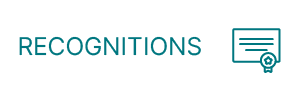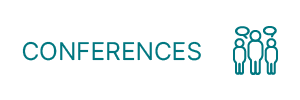
In 2020-2021, the Nancy & David Wolf Holocaust & Humanity Center is celebrating its 20th anniversary. In addition to ensuring the voices of survivors will endure, the center also has launched the Cincy Upstander Project, which is inspired by survivor Edith Carter’s words that lead you out of the museum: “Everybody — every human being — has the obligation to contribute somehow to this world.”
Photo submitted
By Jodi Elowitz
We live from moment to moment. Moments of joy, of sorrow, of healing. Faced with challenging and uncertain times, our actions and choices in this moment will define us.
When asked why she tells her story, Cincinnati Holocaust survivor Zahava Rendler said, “Humanity is my job!” As educators, humanity is our job too and there have been many moments in which we have been asked to stand up to challenges that go beyond the classroom.
As teachers and administrators, you have been asked to make heroic decisions to ensure the safety of the children in your care and for them to continue to learn, grow and become responsible adults capable of critical thinking. It is never easy to have uncomfortable discussions, but it is important that we listen, acknowledge and discuss with students what they are going through, not just for them, but also for us as educators. We should unite in this moment to learn from each other; this is a critical teachable moment.
History is crucial to helping us navigate our own times. By studying how others handled historic events, we can learn how we might be able to overcome our own challenges. History is a way for us to cherish how far we have come and help us confront how far we still need to go.
How can studying the Holocaust help us with this moment? It can open discussion, allowing for discourse on how we navigate the present. It can help students understand the fragility of democracy, something that the Holocaust survivors who founded our original organization understood so well and fought so hard to preserve.
In September 2020, a survey was conducted and released by Echoes & Reflections, the ADL, USC Shoah Foundation and Yad Vashem. The survey of 1,500 college students showed that students who had received Holocaust education in high school were more empathetic, tolerant and engaged students. Those who were exposed to Holocaust education demonstrated higher critical thinking skills and a greater sense of social responsibility and civic efficacy if survivor testimony was part of their experience.
At the Nancy & David Wolf Holocaust & Humanity Center (HHC), humanity is not just in our name; it is also our job, and one we take very seriously. We exist to ensure the lessons of the Holocaust inspire action today, and we are here to help you in this moment. The museum is open, on the weekends or by appointment during the week with all safety measures in place. If you cannot make it in, let us bring the museum to you with various virtual opportunities to experience the museum from your classroom or home.
We strive to honor survivors’ wishes that we educate teachers, students and the public about the Holocaust through our annual Roma & Sam Kaltman Holocaust Studies for Educators summer institute, which is designed specifically to help teachers incorporate the Holocaust into their existing curriculum. The 2021 institute will be virtual from June 14-30. Educators will learn form Holocaust scholars and experts, hear from local survivors, and receive resources that can be easily incorporated into the classroom and align with state standards.
We also provide resources that give voice to those who experienced this history through HHC’s Echoing Voices: History Unpacked program, and in our weekly Holocaust Speaker Series every Wednesday.
In 2020-2021, HHC is celebrating its 20th anniversary. In addition to ensuring the voices of survivors will endure, we also have launched the Cincy Upstander Project, which is inspired by survivor Edith Carter’s words that lead you out of our museum: “Everybody — every human being — has the obligation to contribute somehow to this world.”
Anyone can be an upstander, someone who stands up for others and their rights, fights injustice and unfairness, and uses their character strengths to inspire action and become the best of humanity today. The project includes art, classroom activities, and programs and workshops.
We see all educators as upstanders, overcoming challenges to teach in this moment, and we are looking forward to working with you to make your students become upstanders too.
Jodi Elowitz is the director of education and engagement for the Nancy & David Wolf Holocaust & Humanity Center, located in historic Union Terminal in Cincinnati.




Leave A Comment